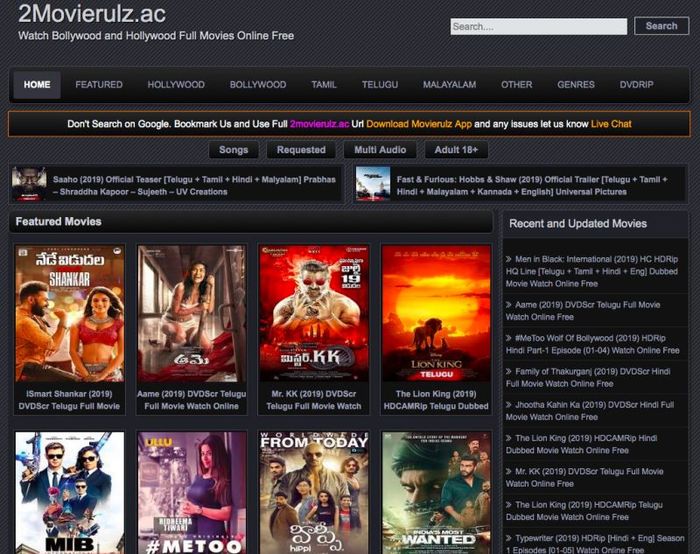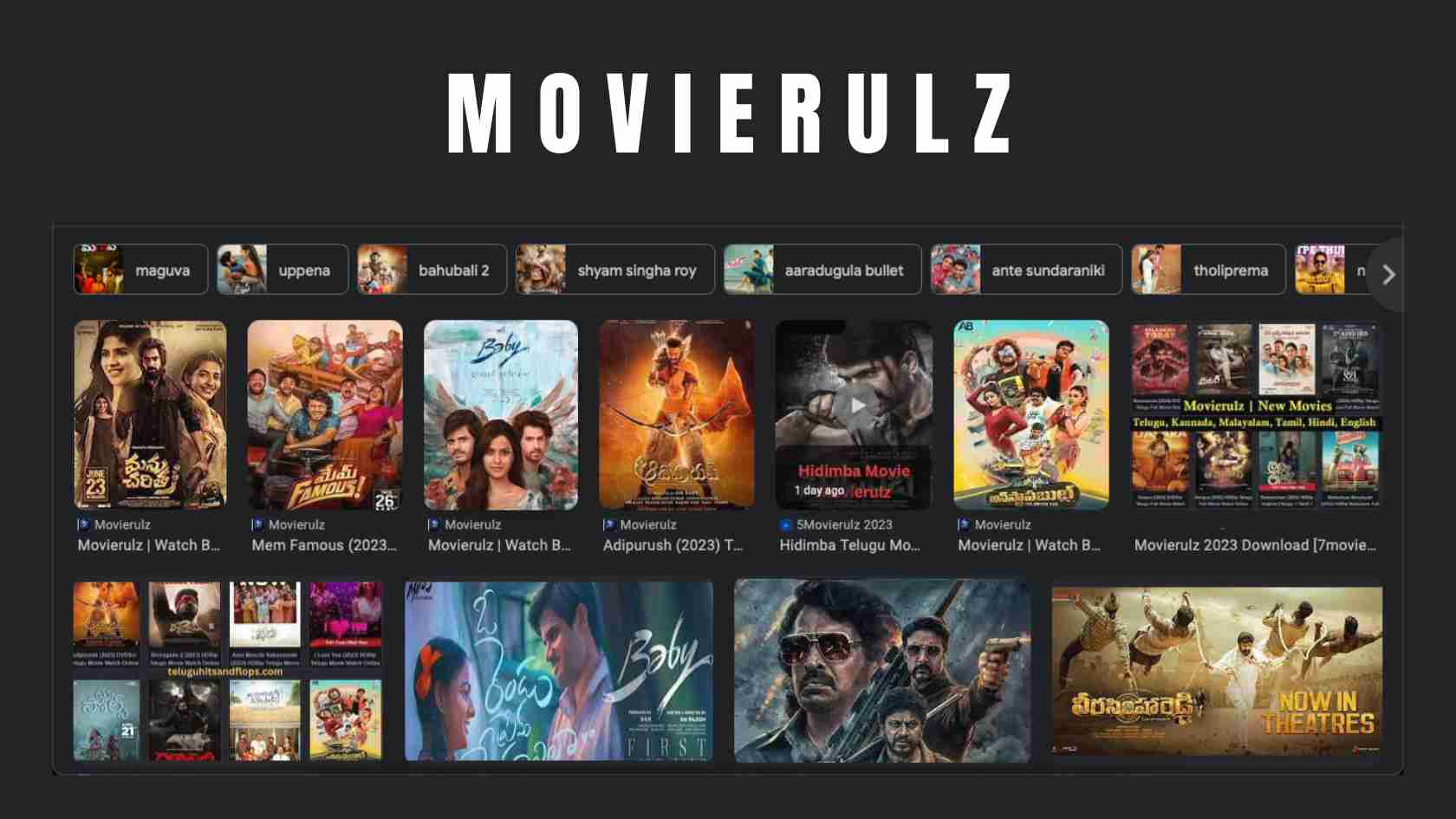Why does the digital echo chamber so often fail to deliver? The frustratingly consistent inability of search engines to provide relevant information, time and again, points to a deeper issue: a systematic flaw in how we seek and disseminate knowledge online.
The repeated appearance of the phrase "We did not find results for:" coupled with the suggestion to "Check spelling or type a new query" isn't merely a minor inconvenience; it's a recurring reminder of the limitations of current information retrieval systems. This persistent failure compels a reassessment of how we interact with digital information, from the nuances of search algorithms to the very architecture of the web itself. The issue isnt simply user error, though that undoubtedly plays a part. Its a complex interplay of factors, including the ambiguity inherent in human language, the evolving nature of information, and the challenges of filtering vast amounts of data. Furthermore, the absence of relevant results suggests deeper problems related to indexing, content creation, and the prioritization of information. The consequences ripple outward, impacting everything from research and education to consumer choices and political discourse. The pervasive nature of this issue highlights a critical need to examine its underlying causes and explore potential solutions for a more effective and reliable digital information landscape.
| Category | Details |
|---|---|
| The Problem Statement | Recurring "We did not find results for:" and "Check spelling or type a new query." messages indicate a systemic failure in information retrieval. |
| Manifestation Frequency | Appears repeatedly, demonstrating a consistent and pervasive issue across various search queries. |
| Impact Areas | Affects research, education, consumer decisions, and political discourse. |
| Underlying Factors | Ambiguity in language, evolving information, challenges of data filtering, indexing issues, and content creation problems. |
| Consequences | Hindered access to information, leading to incomplete research, misinformed decisions, and potential distortions in public opinion. |
| Further Examination | Necessitates the exploration of search algorithms, content architecture, and user interaction methods. |
Consider the user's perspective. A simple query, perhaps seeking the definition of a specific term or the answer to a straightforward question, is met with silence. The engine, seemingly all-knowing, is stumped. This prompts a frustrating cycle of reformulation, spelling corrections, and the broadening or narrowing of search terms. This process, often repeated numerous times, consumes time and erodes trust in the very tool designed to provide information. It reveals a fundamental disconnect between human intent and machine understanding. The nuances of natural language, the subtle variations in phrasing, and the contextual dependencies inherent in human queries often prove to be insurmountable hurdles for current search algorithms. The expectation of instant access to information is constantly challenged by the reality of imperfect results. This dissonance underscores the need for improved methods to decipher and process the vast complexity of human language.
The technological underpinnings of this failure deserve closer scrutiny. Search engines rely on complex algorithms that crawl the web, indexing and categorizing content. The effectiveness of this process is determined by several factors, including the frequency of website updates, the quality of website metadata, and the engine's ability to interpret user queries. When a query is not understood, it might be due to poor indexing or incomplete metadata, or perhaps because the search terms used by the user do not align with the terms used by the web creators. Then there's the issue of the sheer volume of information online. The web is a constantly evolving landscape, and even the most sophisticated crawlers can struggle to keep pace. Content that is created one day may be outdated or removed the next, further exacerbating the problem. This continuous flux requires a dynamic approach to indexing and ranking, which is currently difficult to achieve perfectly.
Consider also the impact of content quality and creation practices. Much of the content available online is not written with the express intention of being easily discovered. The quality of writing can vary widely, as does the degree of optimization. Websites often employ techniques to boost their visibility, sometimes to the detriment of overall content quality or relevance. This leads to a competitive environment where optimization, rather than accuracy or usefulness, becomes a primary driving force. The result is a compromised information ecosystem, where users are frequently presented with results that are poorly written, poorly researched, or simply irrelevant to their actual needs. The proliferation of low-quality or misleading content further contributes to the problem, requiring search engines to work harder to distinguish between useful and spurious results.
The question of how to remediate this frustrating state of affairs requires a multi-faceted approach. It begins with enhancing the ability of search engines to comprehend human language. Advancements in natural language processing (NLP) and machine learning (ML) have the potential to dramatically improve query understanding and refine results. Developing algorithms that can interpret context, recognize intent, and account for variations in phrasing would be a crucial step forward. It also involves strengthening indexing and crawling practices. Improving the frequency of website indexing, refining metadata standards, and ensuring the discoverability of new and updated content are all critical components of a solution. Efforts to combat the spread of low-quality content, whether through improved algorithms, content moderation strategies, or incentivizing high-quality creation, must be actively pursued.
- Exploring Sebastian Lombardo Insights Discoveries Missing Results
- Mkvcinemas Movie Downloads Streaming Risks Alternatives
Moreover, a shift in user behavior and expectations may be required. Education about search techniques, including the use of advanced search operators and refining search terms, could improve outcomes. A more nuanced approach to information evaluation is vital. Users need to become discerning consumers of online content, critically assessing the reliability of sources and the potential for bias or misinformation. This could include promoting digital literacy through school curricula and public information campaigns. Users could also be more aware of their own phrasing: Are they using clear, specific terms? Are they using synonyms? Experimentation, rather than passive reliance, should be encouraged. The goal is to create a more informed and empowered user base, one equipped to navigate the complexities of the digital information landscape.
The problem of inadequate search results, as evidenced by the recurring We did not find results for: message, presents a unique challenge. It's a complex, multifaceted problem encompassing technological, linguistic, and behavioral dimensions. It is a problem that affects the accessibility and accuracy of knowledge worldwide, and it requires both technological innovation and changes in user behavior. By thoroughly addressing these challenges, we can begin to build a digital environment that is more responsive to the needs of its users and that can ensure that reliable information is available to all.
The search for information, as it currently stands, frequently delivers the very same discouraging message. Understanding its causes and devising innovative solutions are paramount for improving access to information in an increasingly complex digital world. This requires not only technological advancements, but also a critical examination of how we create, disseminate, and consume information online. Only then can we hope to build a more reliable and productive digital information ecosystem that serves the needs of all users.
- Best Bollyflix Alternatives In 2024 Stream Anime More
- Alfredo Adame Net Worth 2025 What You Need To Know


